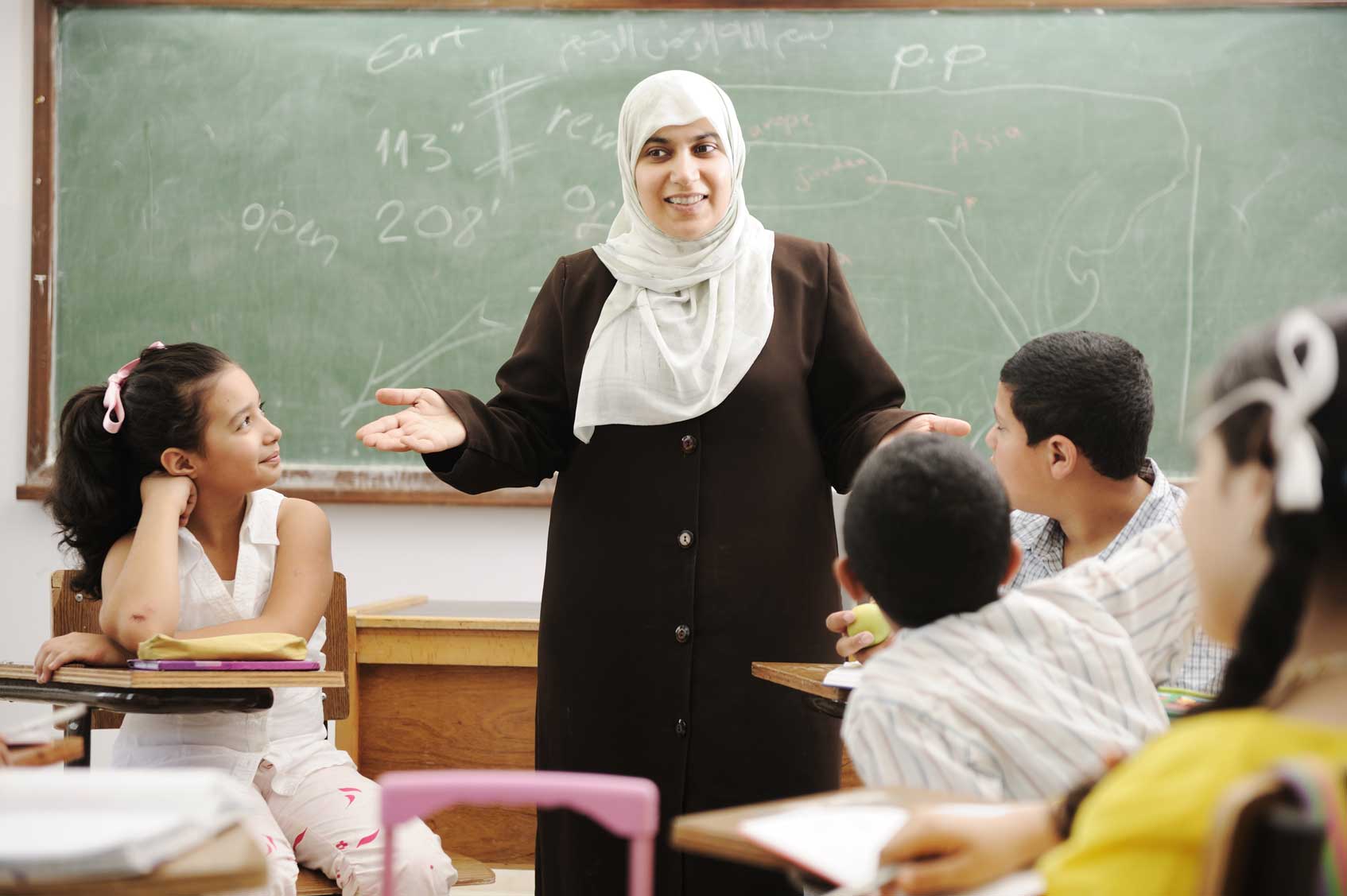On the 6th of December 2019, the Organisation for Economic Development (the OECD) released the latest results of their test (PISA) of what fifteen year olds around the world know, and can do in reading, maths and science. Over half-a-million students, from 79 countries, have taken part.
For education policy makers around the globe this is a big event, but the results have maybe even more significance for the 15 year olds themselves.
The key point is that these assessments allow us to reliably compare the performance of one country with others. In a world that is increasingly connected and global, this allows Jordan to understand how well equipped its students are to thrive in the global competition for skills.
“Factors that PISA shows to be positively associated with academic resilience include support from parents, a positive school climate and having a growth mindset,'' wrote Andreas Schleicher in the report with the latest batch of test results.
Alongside the more traditional subjects of maths, science and reading, the tests now also assess some of the competencies that are needed to thrive in a world where more and more jobs are being automated. For example, skills such as ‘creative problem solving’ which are the hardest to automate - and so best placed to allow students to win the race against machines. [1]
For education policy makers, the tests are also an opportunity for school systems to learn from others who are doing better. The enormous data sets that PISA generates allow education researchers to ask questions such as ‘what is the relationship between the spend on education and student learning?’ or ‘what teaching practices are associated with better science learning.’
It can also provide the prompt for further investigations. At one stage, the Ministry of Education in Finland (one of the most successful school systems in PISA) even had a dedicated Department to welcome visitors to its schools from other countries. One enterprising school teacher spent a year touring top performing school systems working out the lessons to be learnt. The resulting book -- Cleverlands, The Secrets Behind the Success of the World's Education Superpowers -- is an entertaining read.
PISA results are so significant to school systems that there is even a phenomenon named after the exam. “PISA shock” describes the discomfort that a country faces when they are confronted with the fact they are not doing as well as they thought. Prominent sufferers of this shock have been Germany, the USA and Peru. All of these countries wisely responded by doubling-down on their improvement efforts.
Poor education outcomes have major costs for future prosperity given that human capital is a core component of wealth globally. Addressing learning crisis requires carefully disaggregating PISA data, consider the social and economic factors that influence performance in Jordan and building systems that deliver high quality learning. Successful education reform requires good policy design and effective implementation capacity. It also means supporting teachers and giving them the time and opportunity to continuously adapt their teaching skills in relation to more recent insights on what it means to get the best out of children.
[1] Jordan only takes part in the maths, science and reading assessments
